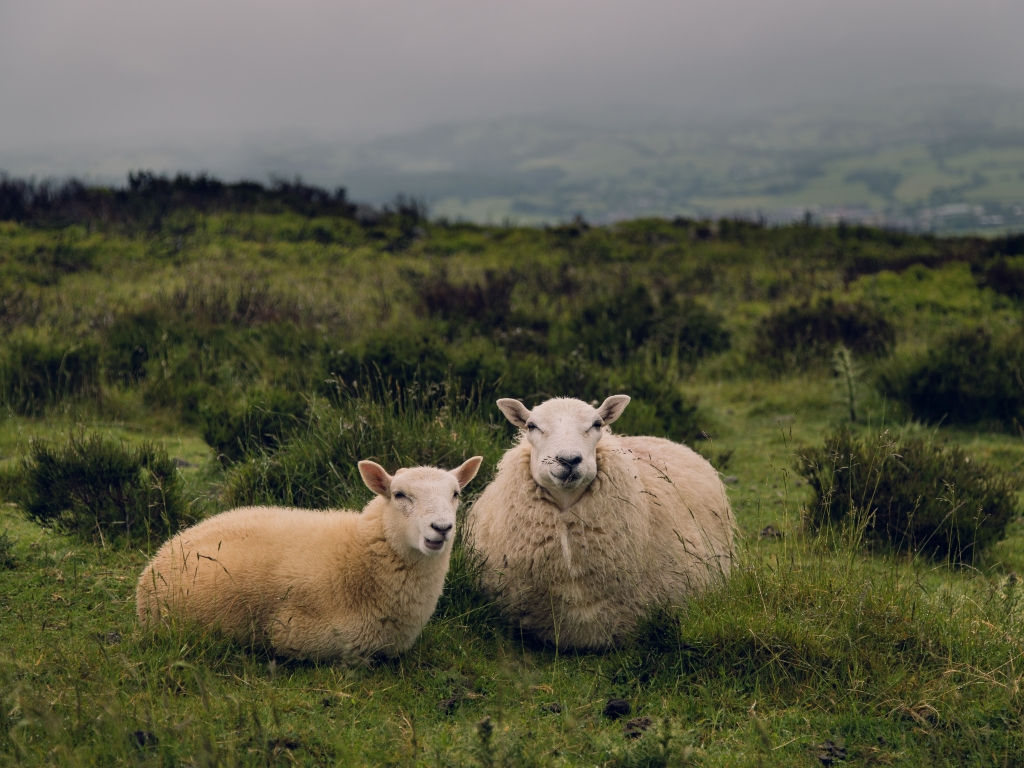Paying farmers to create wetlands and woodlands is the most cost effective way to reach UK environmental targets

Collas et al. 2022
A new study highlighted by the British Ecological Society shows that the most cost-effective way for the UK to reach its environmental goals is to pay farmers to create woodlands and wetlands. The government has made ambitious international commitments to halt and reverse nature declines by 2030 and to reach net zero carbon emissions by 2050.
In the December 2022 study published in the journal People and Nature, Collas et al. show that compensating farmers to restore native habitats can deliver UK climate and biodiversity targets at half the taxpayer cost of integrating nature into land managed for food production. This is in contrast to most current incentive schemes in the UK which place an emphasis on incentivizing land-sharing approaches that reduce crop-yield in order to support biodiversity and scale down net emissions.
The team instead proposes a land-sparing approach be implemented in the UK, with their research suggesting that it would cost taxpayers just 48% of the current cost of land-sharing techniques in order to achieve the same outcomes. The current strategy includes adding hedgerows to fields and reducing pesticides, which constitutes almost £600m a year of taxpayer money directed towards these initiatives. According to the research team, the implementation of these land sharing farming techniques also could lead to the UK losing more than 30% of its food production capacity.
In the study researchers interviewed 118 farmers, who together manage 1.7% of England’s arable lands, and asked them what cost incentives they would require to implement either land-sparing or land-sharing techniques. When provided with a wide variety of agricultural approaches, nature interventions and payment rates, the farmers were willing to accept lower payments per hectare for land sharing practices on average.
In regards to their findings, senior researcher on the study and Cambridge Professor Andrew Balmford stated that “Greater incentives for farmers to create woodlands and wetlands will deliver for wild species and climate mitigation at half the cost to the taxpayer of the land-sharing approach that currently receives ten times more public funding.”
As the UK continues to formulate its post-Brexit environmental strategy these studies can help inform improvements to England’s new Environmental Land Management Schemes.
Learn more about this research by reading the British Ecological Society’s press release and the full study titled The costs of delivering environmental outcomes with land sharing and land sparing in People and Nature.




